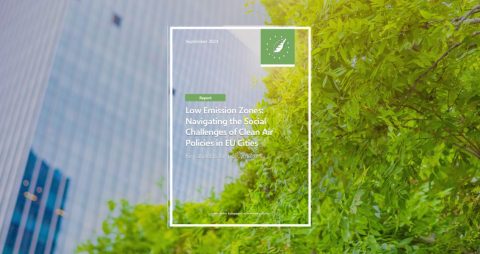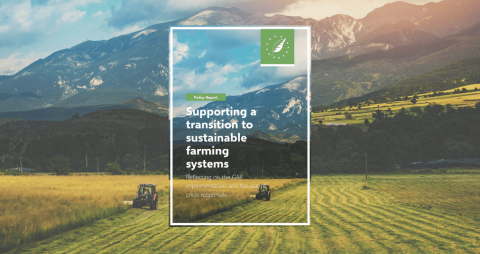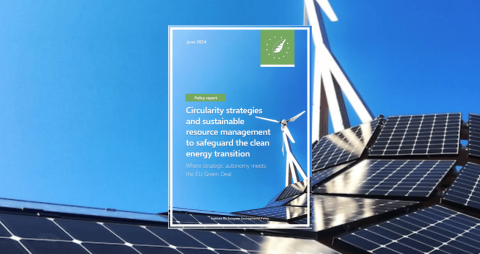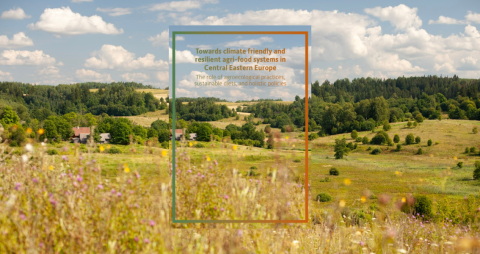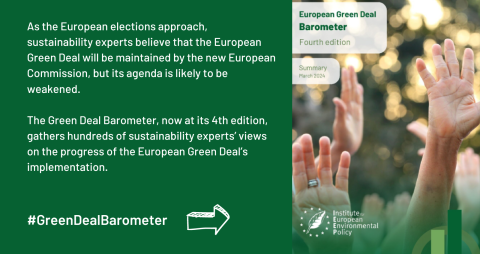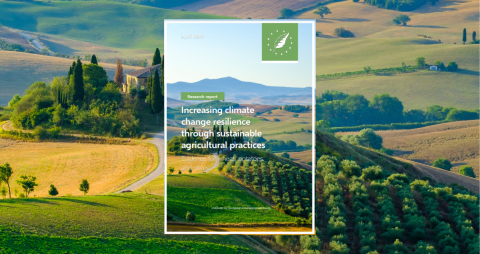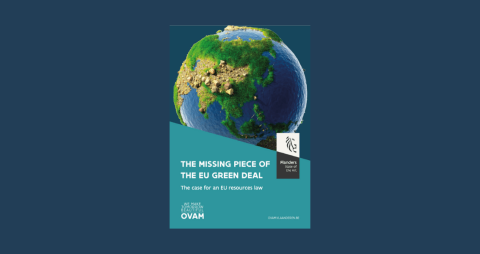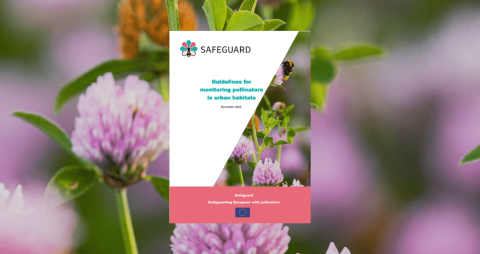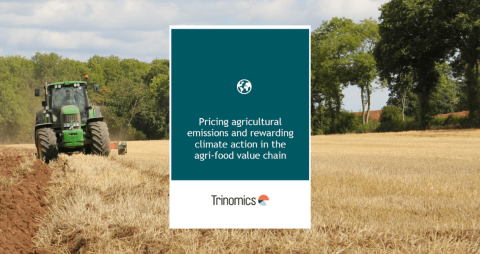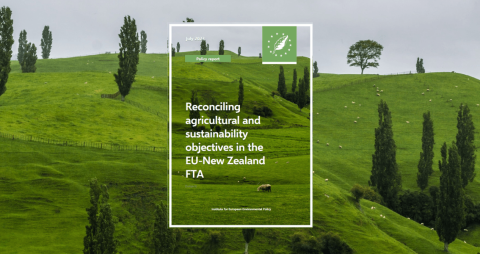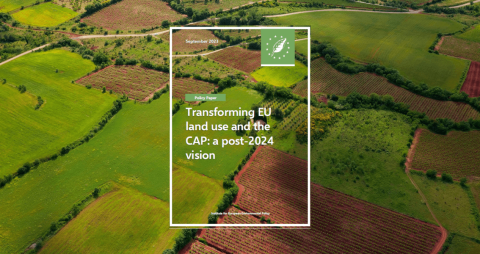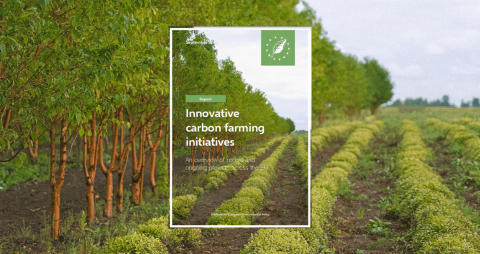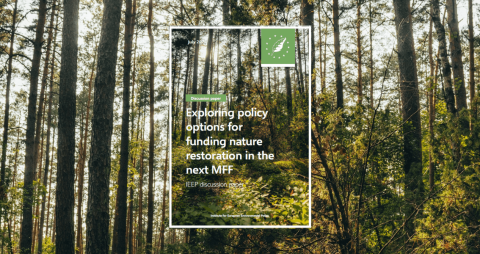Library
- Home
- Newsroom
Type
Categories
For any articles older than 2010
please send a request at
brussels@ieep.eu
Library
Lorem ipsum dolor sit amet, consectetur adipiscing elit, sed do eiusmod tempor incididunt ut labore et dolore magna aliqua. Ut enim ad minim veniam, quis nostrud exercitation ullamco laboris nisi ut aliquip ex ea commodo consequat.
- , Reports
This report takes stock of the delivery of the current Common Agriculture Policy (CAP) following its first year of implementation. ...
- , Reports
This report provides inspiration for stakeholders in Central Eastern European countries to pursue a more holistic and coordinated approach for transitioning towards climate friendly agri-food ...
- , Reports
As the European elections approach, hundreds of sustainability experts believe that the European Green Deal will be maintained by the new European Commission, but its ...
- , Reports
This report examines the impacts of different climate risks on three major agricultural crops, which are staples of European cuisines: wheat, potatoes, and olives. It ...
- , Reports
This new report suggests a new EU Material Resources Law, to tackle the excessive use and consumption of material resources and support the EU’s Green ...
- , Reports
This guidance aims to bring tools and knowledge for cities to use pollinators as indicators of their urban greening and carry out pollinator monitoring. ...
- , Reports
An emissions trading system (ETS) for agriculture can provide financial incentives for farmers to adopt more climate-friendly practices. For an on-farm ETS this mainly depends ...
- , Reports
This report examines the impacts of the EU-New Zealand FTA and aims to address initial concerns of the impact of the trade agreement on sustainability ...
- , Reports
This paper presents a new vision by IEEP and partners to transform EU land use and the Common Agricultural Policy (CAP) in the coming decade. ...
- , Reports
This report presents an overview of ongoing and recently completed EU projects which promote innovation in carbon farming. ...
- , Reports
This discussion paper is the result of a workshop that discussed policy options for funding nature restoration in the next MFF. The aim is to ...

